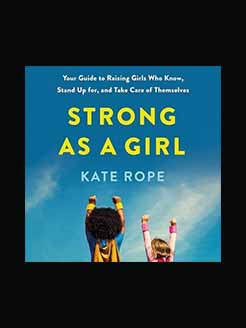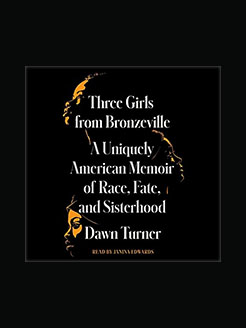Published in 2009
420 pages
Leslie T. Chang lived in China for a decade as a correspondent for the Wall Street Journal, specializing in stories that explored how socioeconomic change is transforming institutions and individuals. She has also written for National Geographic. Factory Girls is her first book.
A graduate of Harvard University with a degree in American History and Literature, Chang has also worked as a journalist in the Czech Republic, Hong Kong, and Taiwan. She was raised outside New York City by immigrant parents who forced her to attend Saturday-morning Chinese school, for which she is now grateful.
She is married to Peter Hessler, who also writes about China. She lives in Colorado.
What is this book about?
China has more than 114 million migrant workers, which represents the largest migration in human history. But while these workers, who leave their rural towns to find jobs in China’s cities, are the driving force behind China’s growing economy, little is known about their day-to-day lives or the sociological significance of this massive movement.
In Factory Girls, Leslie T. Chang tells the story of these workers primarily through the lives of two young women whom she follows over the course of three years. Chang vividly portrays a world where you can lose your boyfriend and your friends with the loss of a cell phone; where lying about your age, your education, and your work experience is often a requisite for getting ahead; where a few computer or English lessons can catapult you into a completely different social class. Throughout this affecting portrait of migrant life, Chang also interweaves the story of her own family’s migrations, within China and to the West, providing a historical frame of reference for her investigation. At a time when the Olympics will have shifted the world’s focus to China, Factory Girls offers a previously untold story about the immense population of unknown women who work countless hours, often in hazardous conditions, to provide us with the material goods we take for granted. A book of global significance, it demonstrates how the movement from rural villages to cities is remaking individual lives and the fates of families, transforming our world much as immigration to America’s shores remade our own society a century ago.







